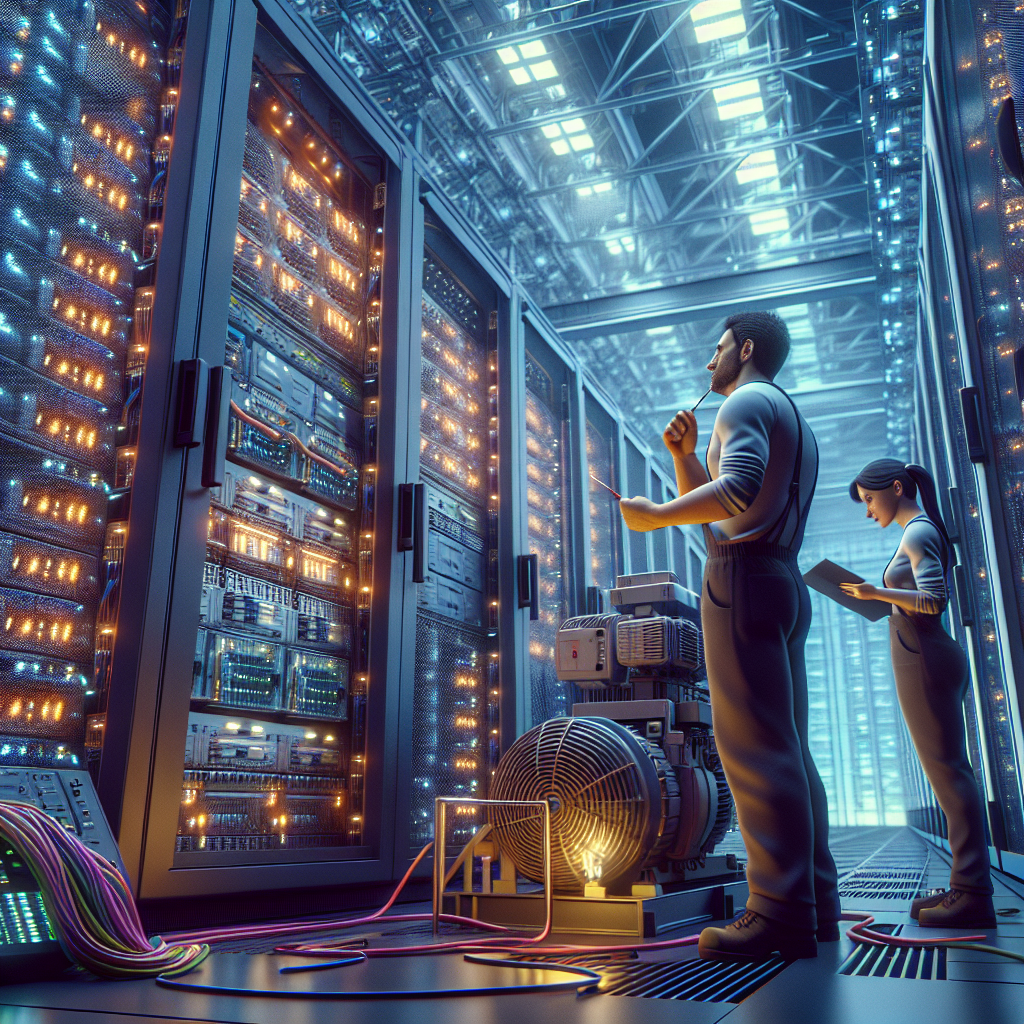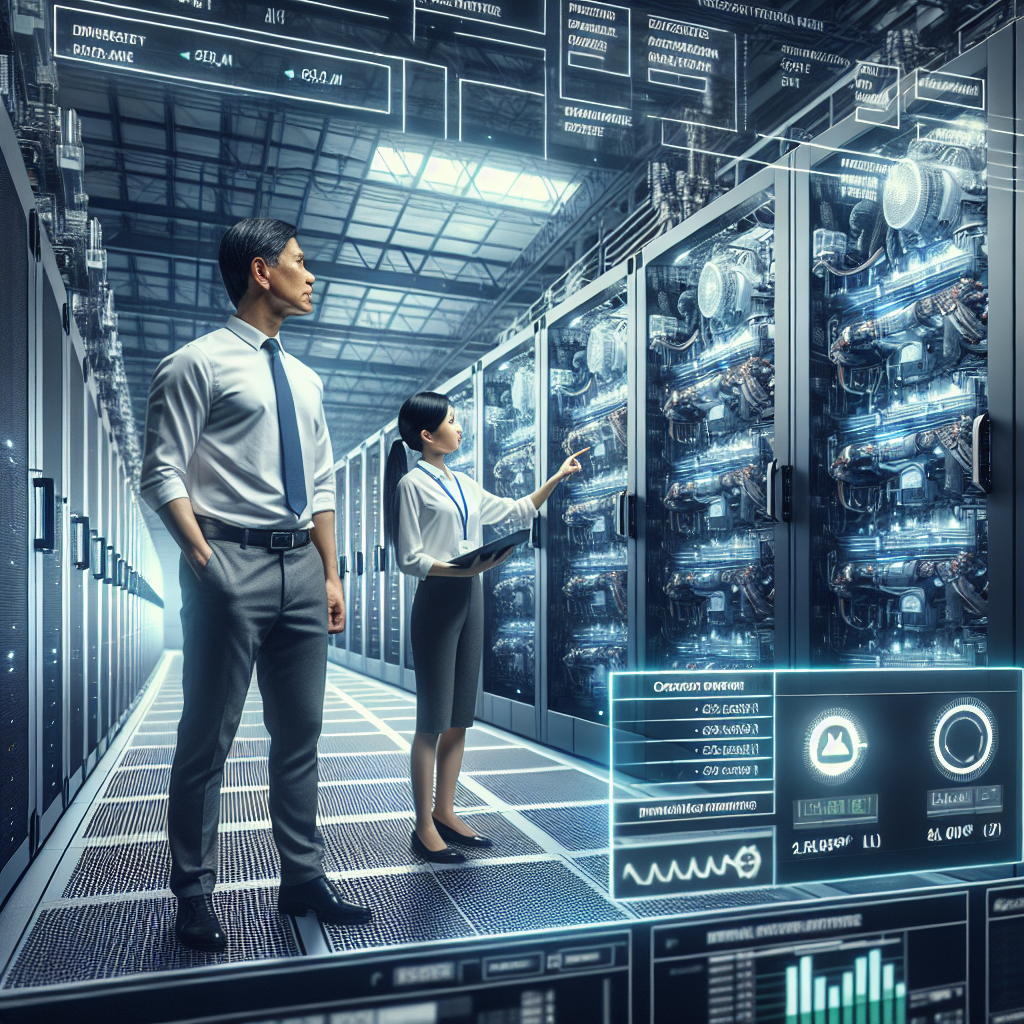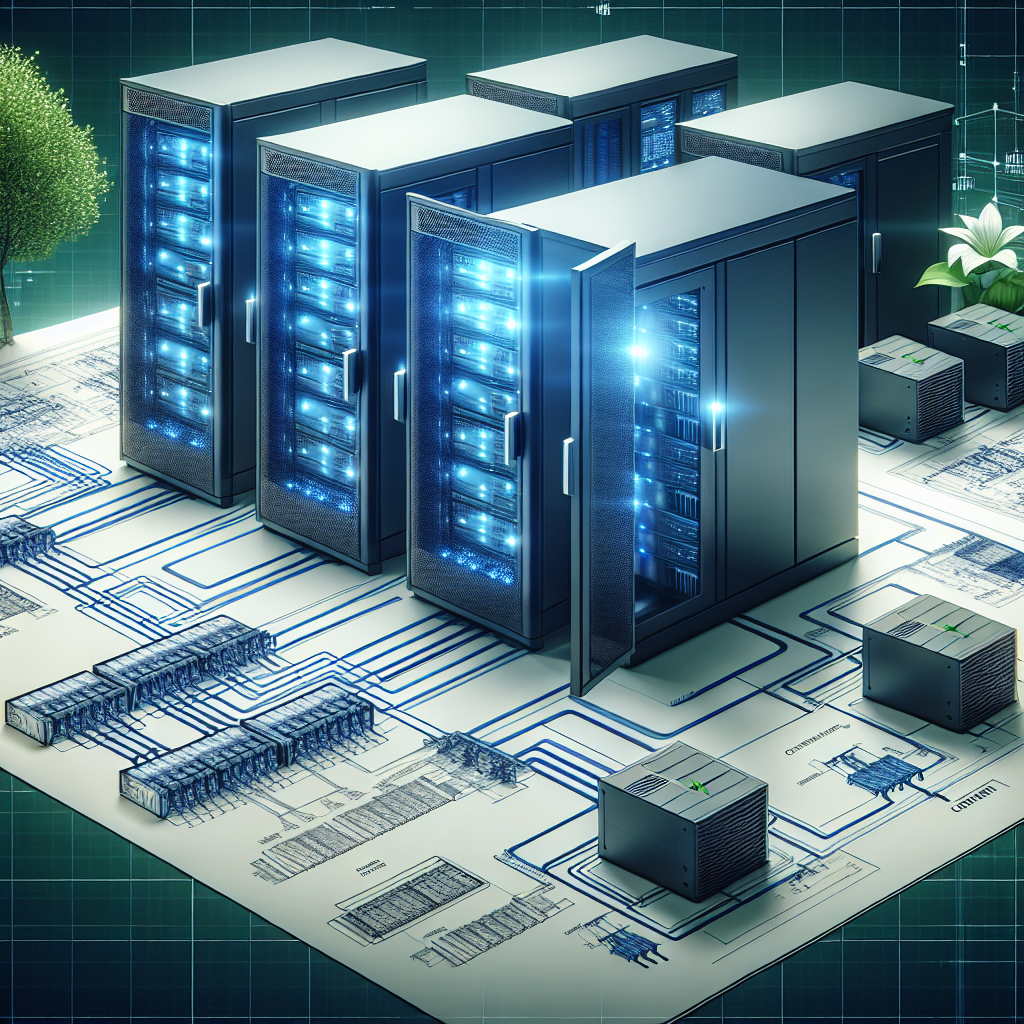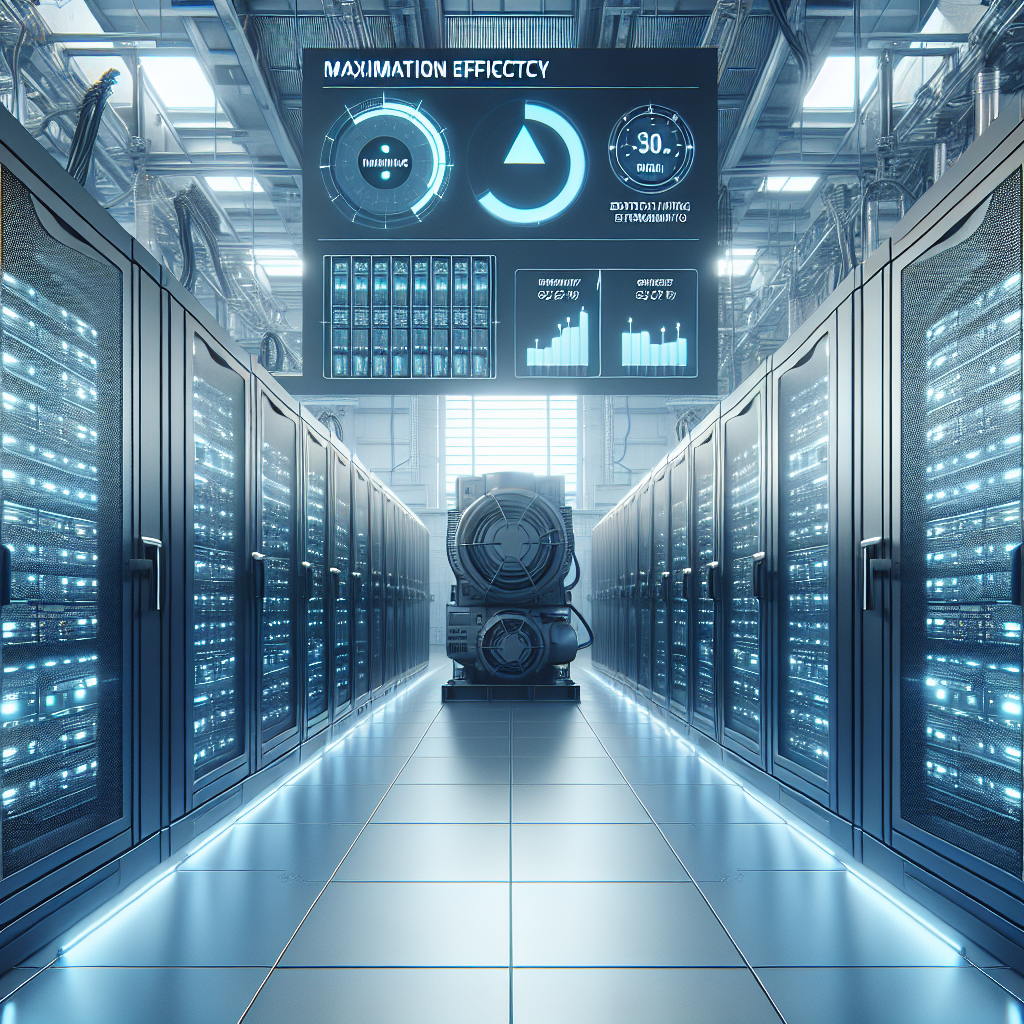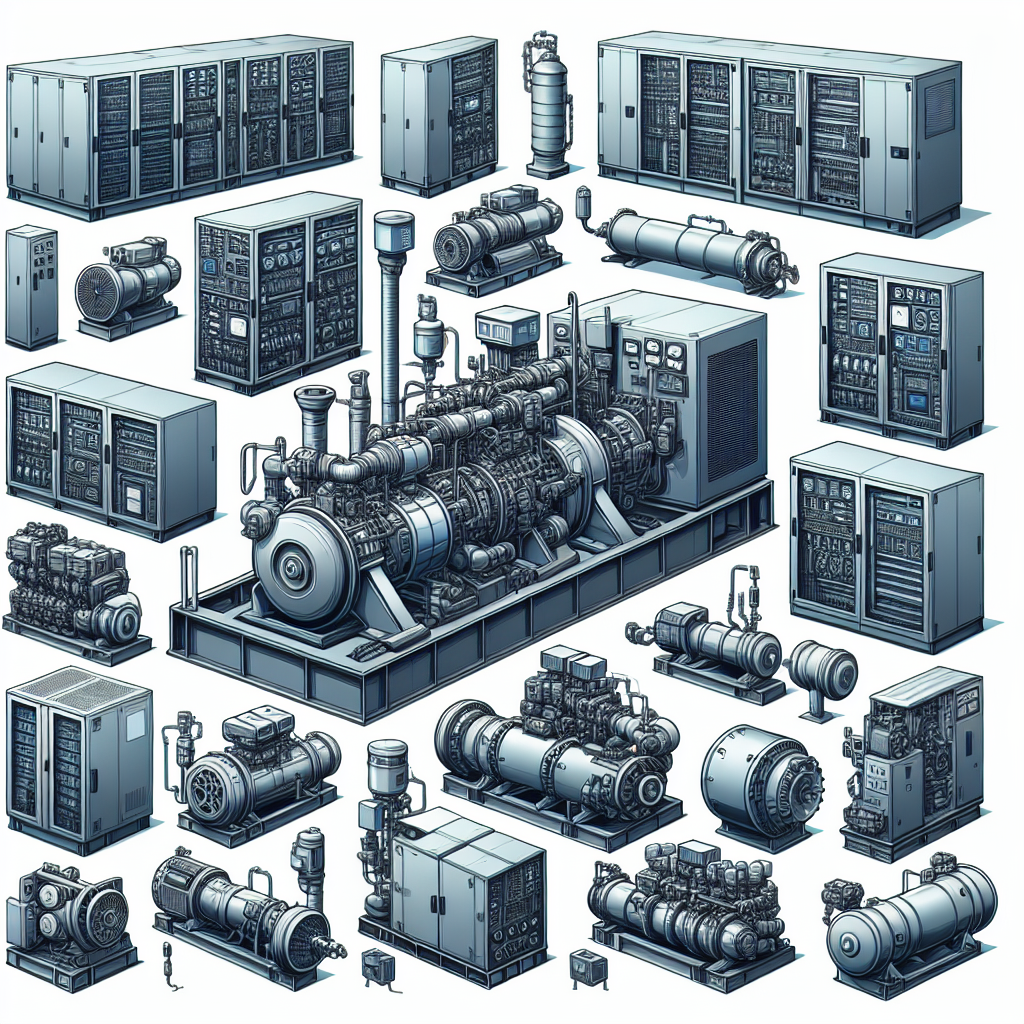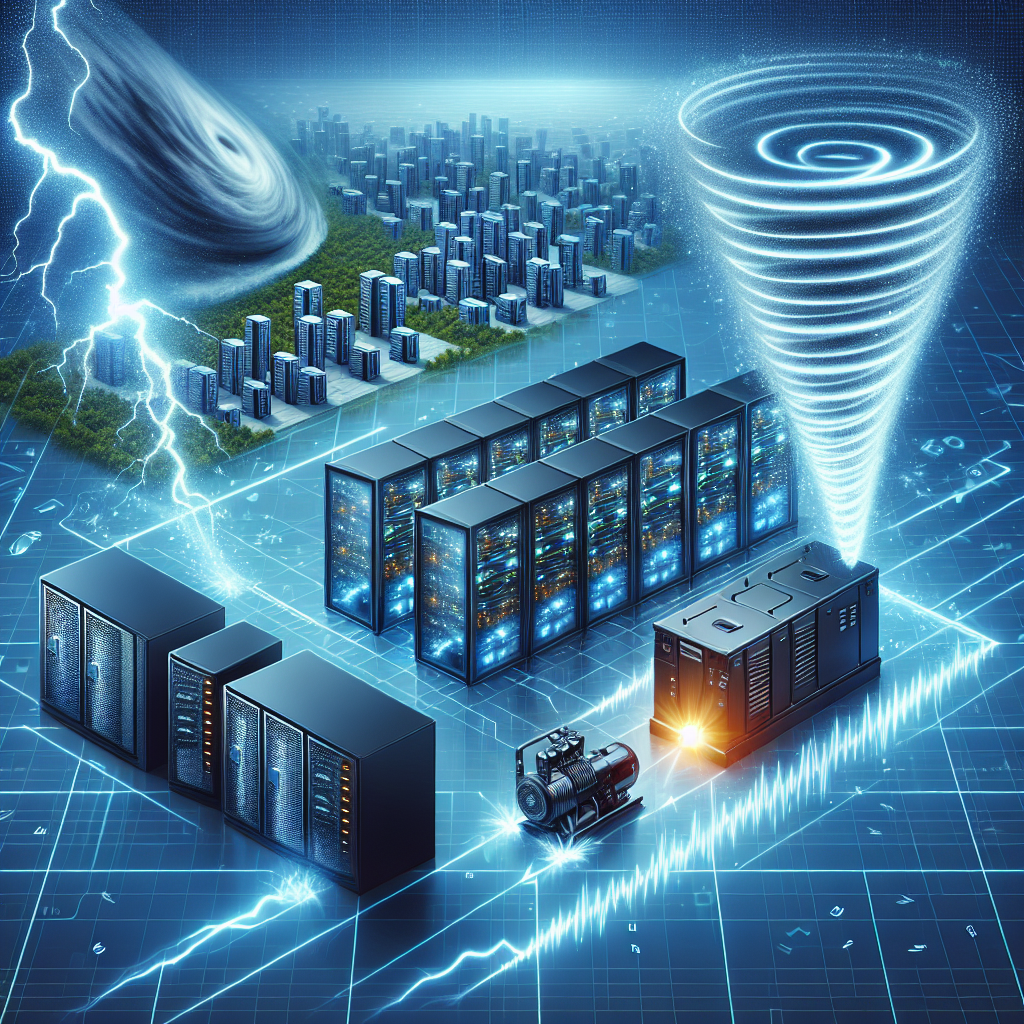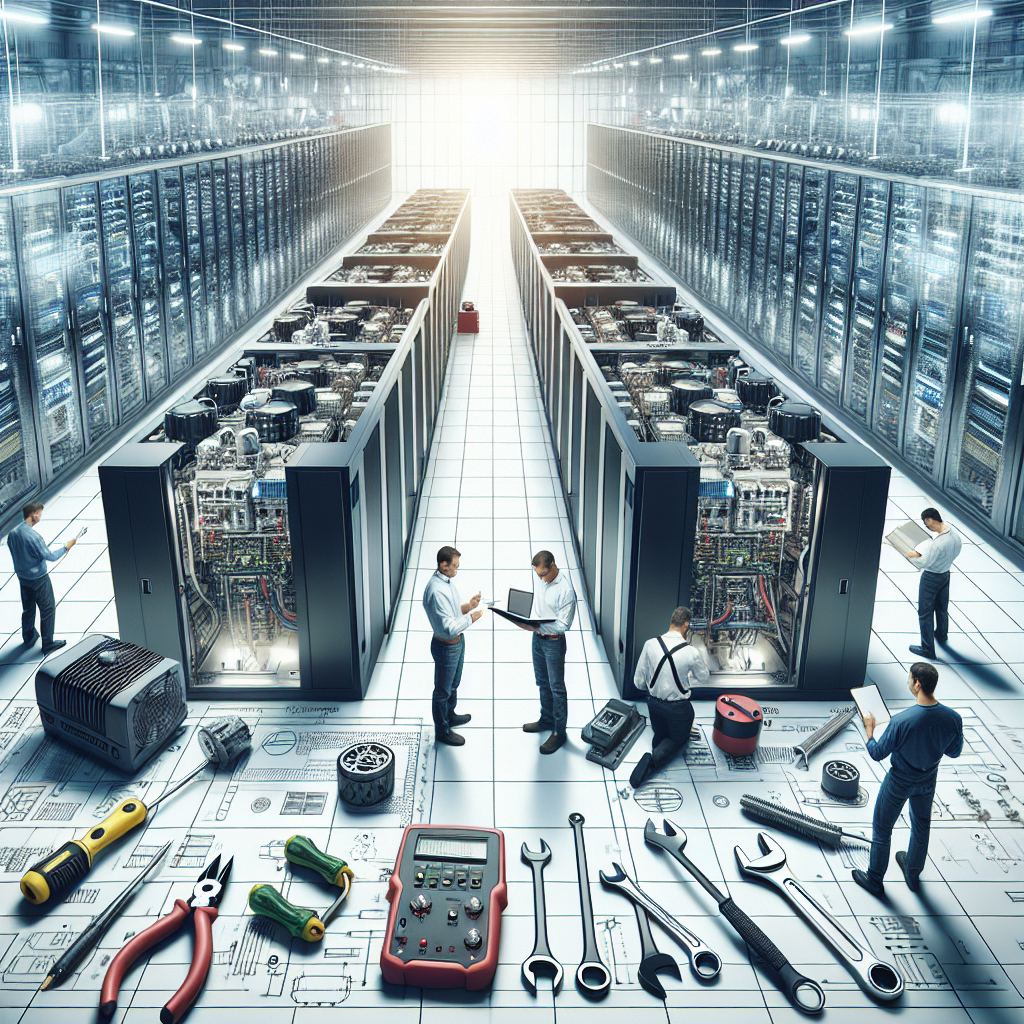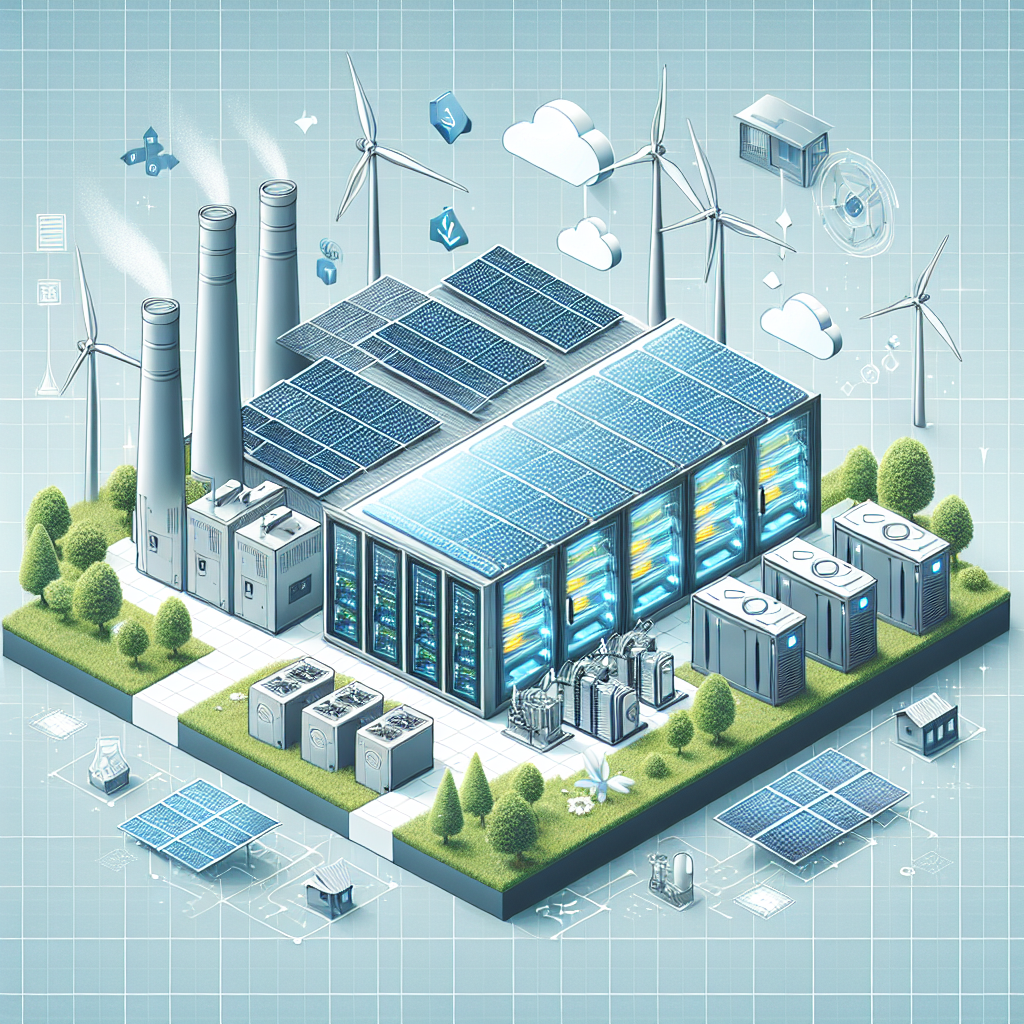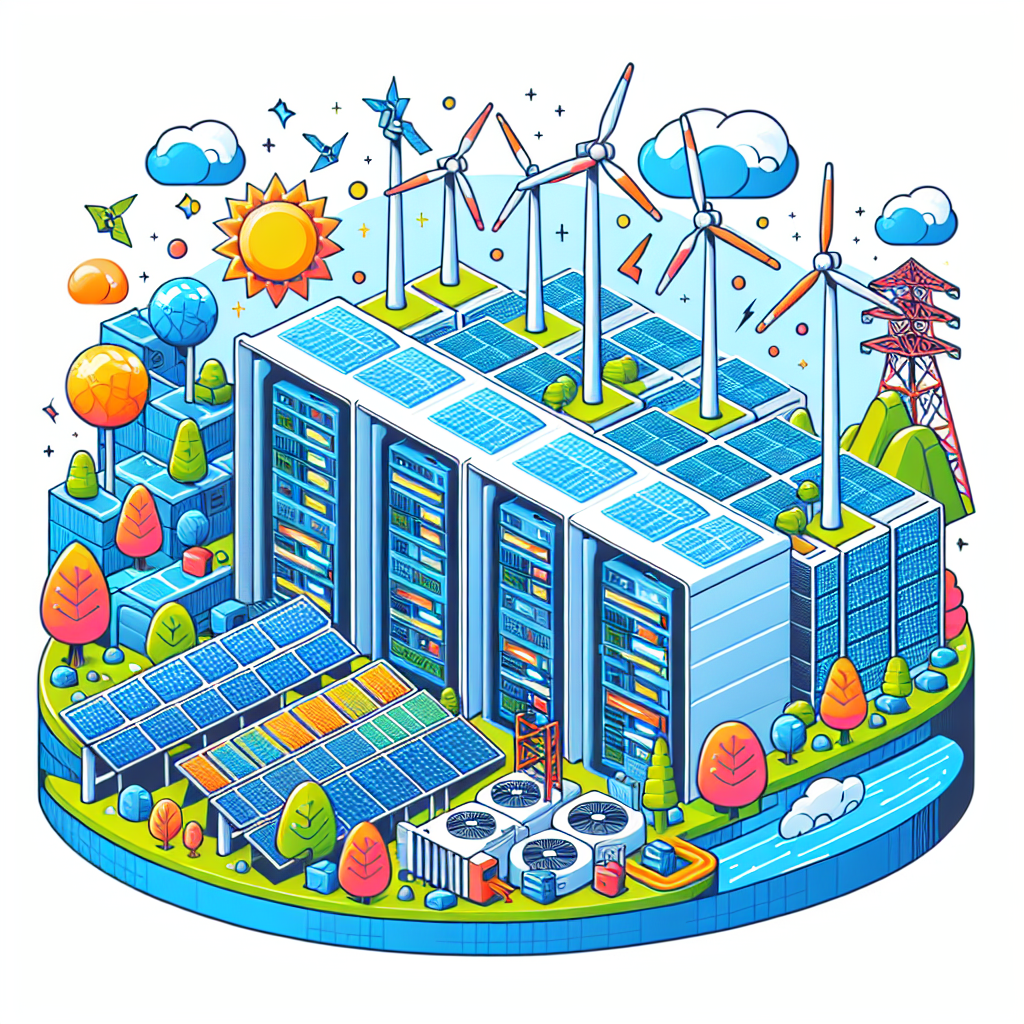Data centers are essential for businesses to store and manage their critical data and applications. In order to ensure uninterrupted operation, data centers rely on backup generators to provide power in case of a mains power failure. However, these generators need to be properly maintained and tested regularly to ensure they are reliable when needed.
Maintaining data center generators is crucial to their performance and reliability. Regular maintenance includes checking fuel levels, changing oil and filters, inspecting belts and hoses, and testing battery voltage. These tasks should be performed on a scheduled basis to prevent any unexpected failures during a power outage.
Testing data center generators is equally important to ensure they will function properly in an emergency situation. Regular testing helps identify any potential issues and allows for timely repairs or replacements. There are several types of tests that can be performed on data center generators, including load bank testing, which simulates a full load on the generator to ensure it can handle the necessary power requirements.
It is recommended to test data center generators at least once a month under load conditions to ensure they are in good working order. In addition, annual or bi-annual maintenance checks should be performed by a qualified technician to inspect and service the generator.
In the event of a power outage, data center generators must be able to start up quickly and provide power to critical systems. Regular maintenance and testing are essential to ensure the reliability of data center generators and prevent any downtime that could result in lost revenue or data.
In conclusion, maintaining and testing data center generators is crucial for the reliability of these backup power sources. By following a regular maintenance schedule and conducting thorough testing, businesses can ensure their data centers will remain operational during power outages and other emergencies. Investing in the proper care of data center generators is essential to protect the integrity of critical data and applications.
